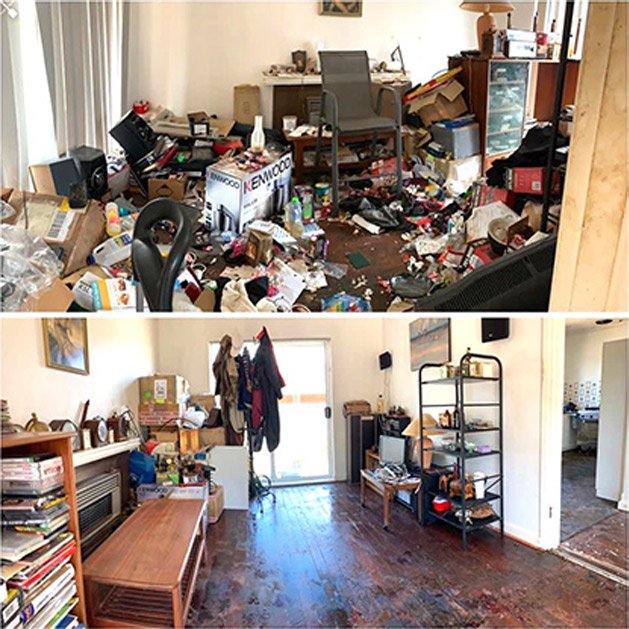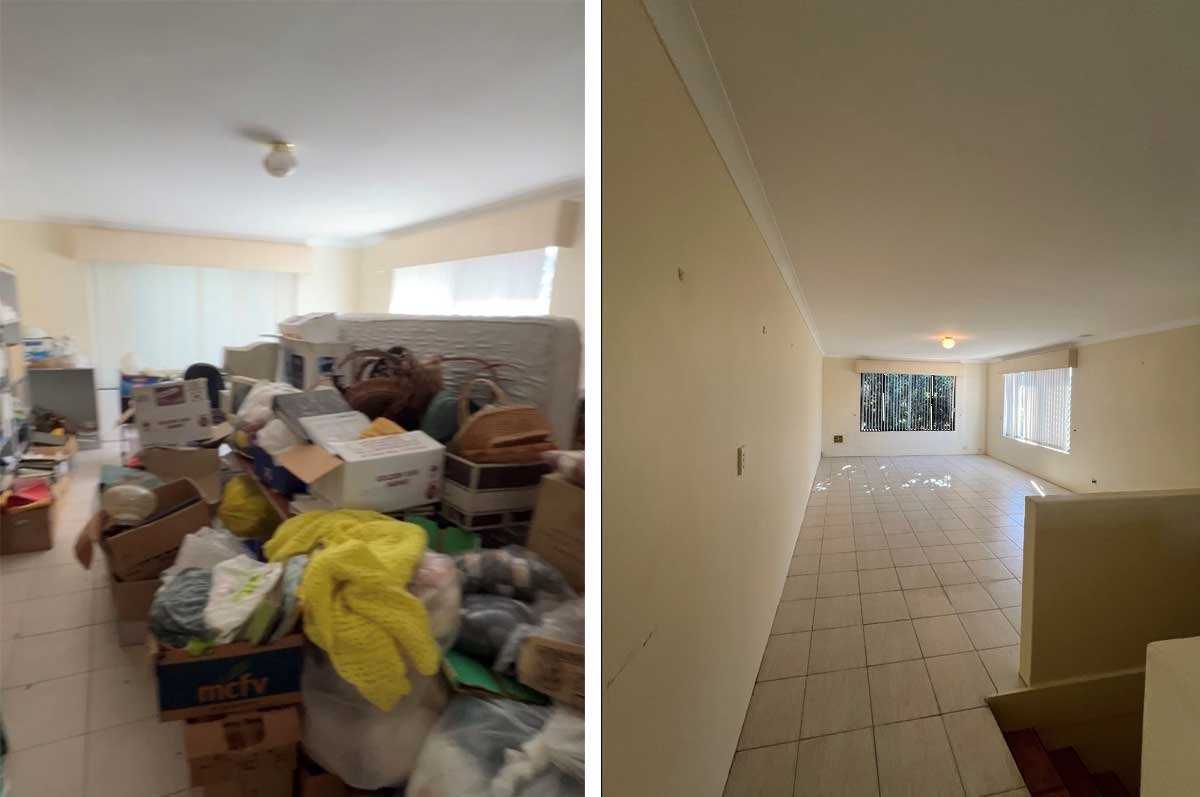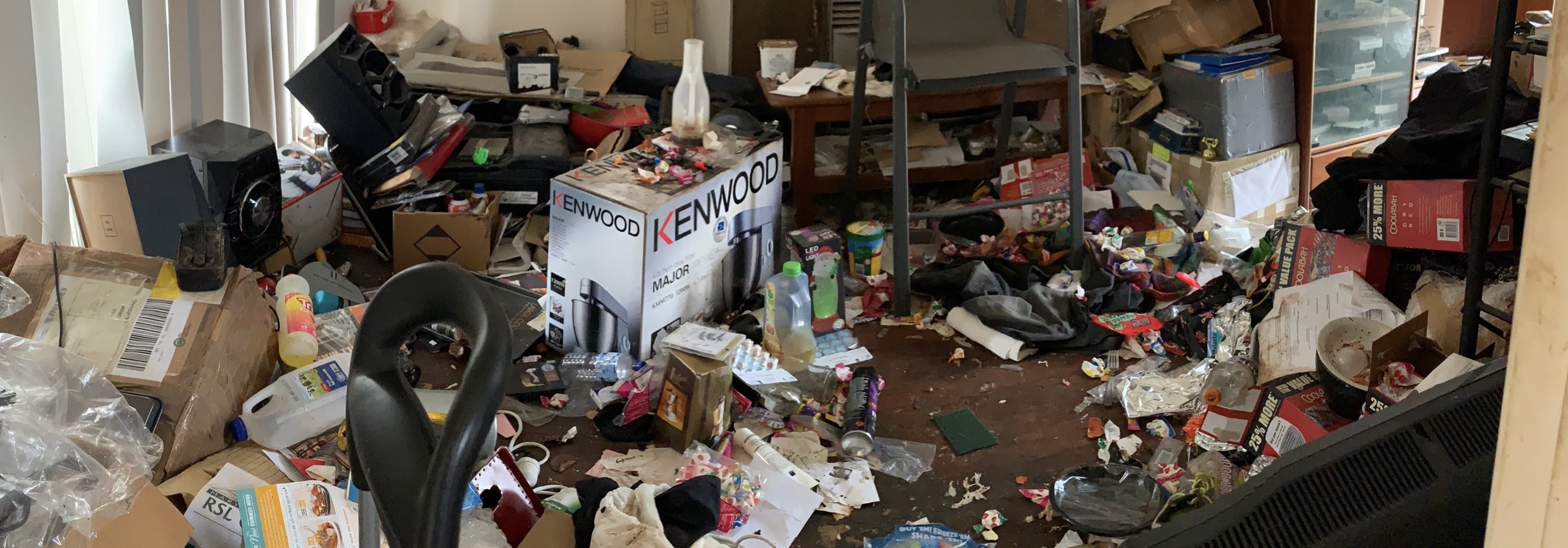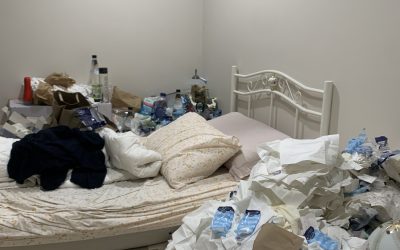What may be some of the cause for hoarding and how could we help a hoarder?
Hoarding is not just a case of collecting too much, it may be caused by:
• Dementia
• Alcohol Related Brain Damage
• Alcohol Abuse
• Schizophrenia
• Depression
• Obsessive Compulsive Disorder
• Frailty
• and other medical illnesses.
If you consider the items you have on display or in the drawers in your own home, many of these may not have any intrinsic value to another person, but this doesn’t mean they are not valuable to you. They are your precious memories and possessions. This is how a hoarder looks upon their collection.
Defining Compulsive Hoarding
There is no explicit definition of compulsive hoarding however the widely accepted international definition of compulsive hoarding is made up of three primary characteristics:
- The acquisition of and failure to discard a large number of possessions that appear to be useless or of limited value.
- Living spaces are cluttered to the point that they can’t be used for the activities for which they were designed.
- Significant distress or impairment in functioning, caused by the hoarding. (Frost & Gross 1993)
Working With Hoarders
A common theme in hoarding is the avoidance in making decisions with regard to their possessions. They are not willing to ask for help or bring family and friends in to help them sort things out. Clients can be ashamed of the predicament they find themselves in, embarrassed by their behaviour and prefer to be isolated rather than take care of the situation.
Working with hoarders can be brought about by local government or mental health officials stepping in or even family and friends intervening.
At times we are asked to remove the gross filth, clean the property with furniture in situ, restore fridges, ovens, laundry’s, bathrooms, carpets and other flooring back to health, in other cases we work with the client for four hours once a month, one room at a time. Alternatively, we are called in to completely clear a house out if the client has been taken into a care facility and will not be returning.
At all times, we know we are dealing with someone’s precious possessions, they are to be treated with dignity, professionalism and compassion.
If you wish to have a talk, meet onsite or create a plan to work through any hoarding issues with yourself, a client or family member, please call us to discuss.







0 Comments